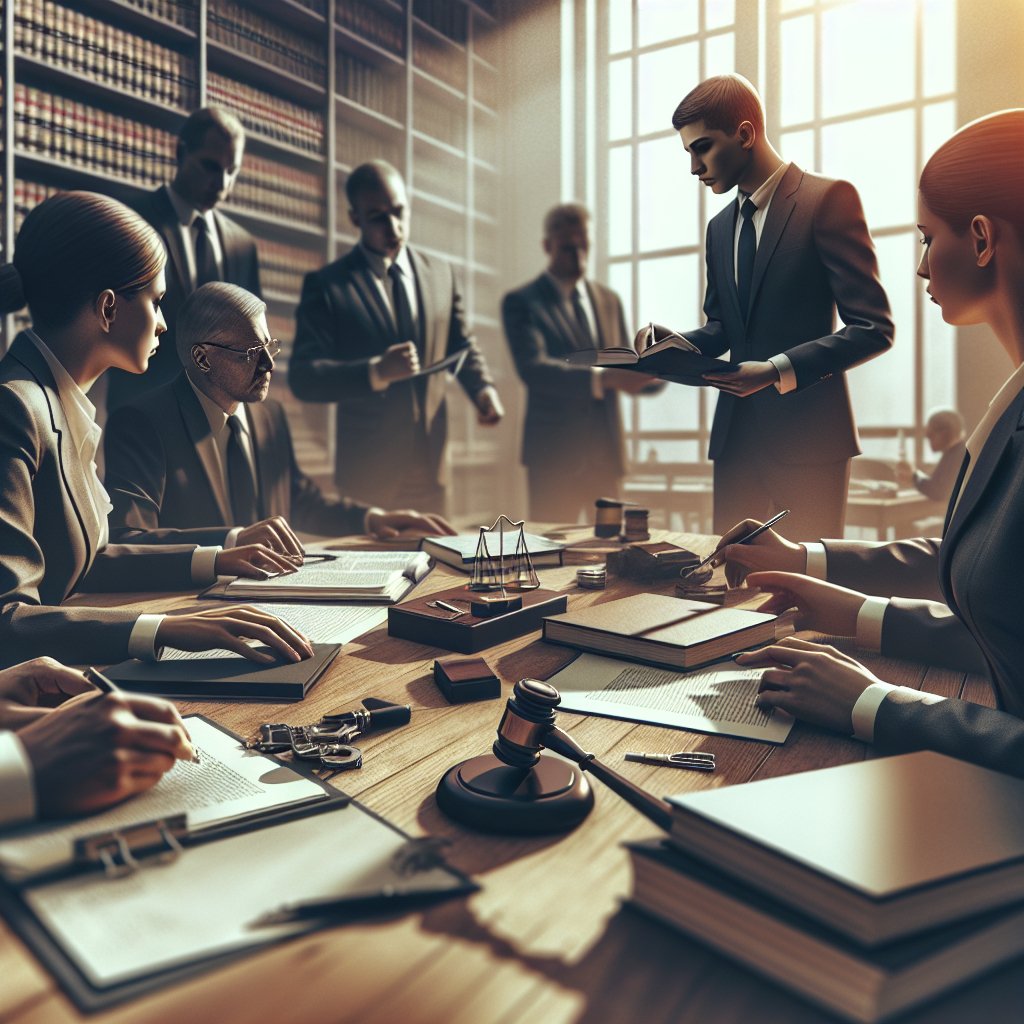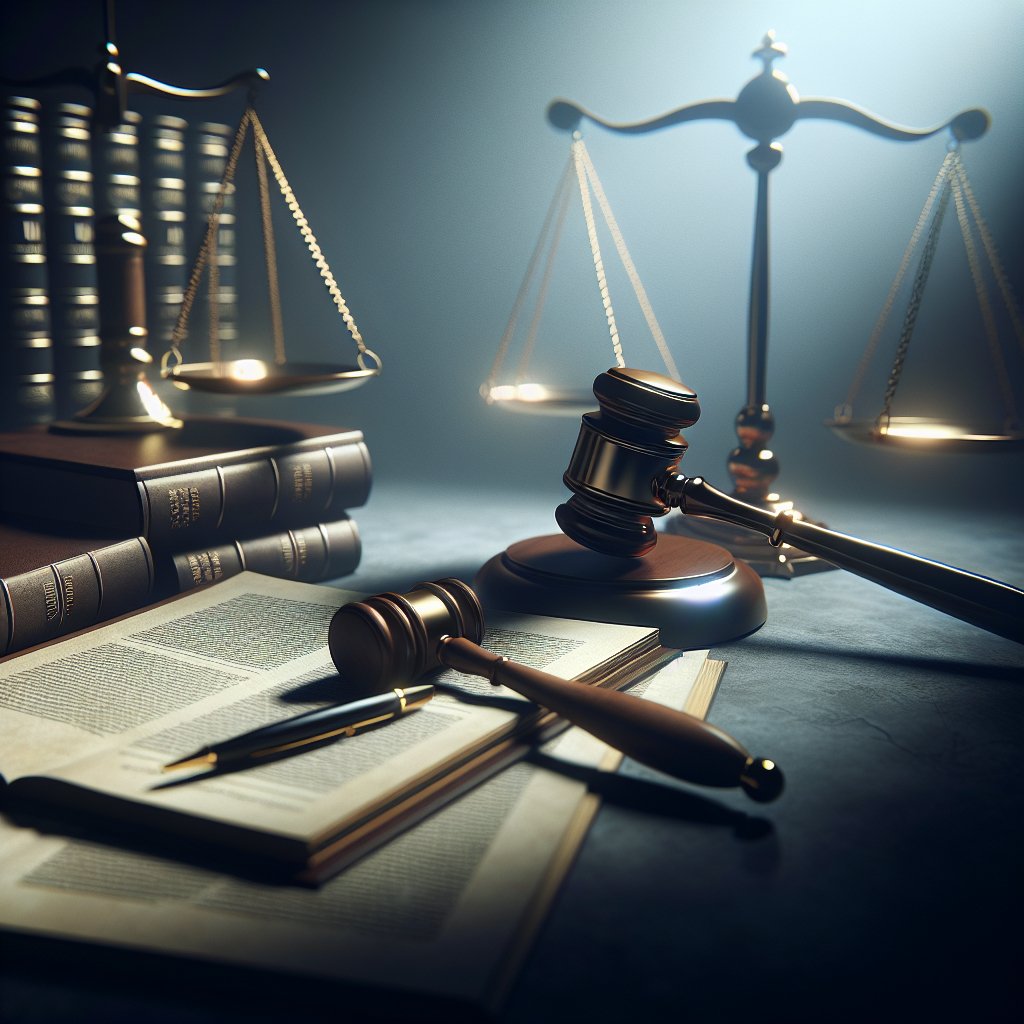Exoneration is a complex and often arduous process that seeks to rectify the grave injustice of wrongful convictions. In the realm of criminal law, proving a wrongful conviction requires a meticulous examination of evidence, legal procedures, and often, the uncovering of new information that was not available during the original trial. This article delves into the multifaceted journey of exoneration, exploring the legal strategies, challenges, and the pivotal role of criminal lawyers in advocating for justice.
Understanding Wrongful Convictions
Wrongful convictions occur when an innocent person is found guilty of a crime they did not commit. These miscarriages of justice can arise from various factors, including eyewitness misidentification, false confessions, inadequate legal defense, prosecutorial misconduct, and flawed forensic evidence. The consequences of a wrongful conviction are devastating, not only for the individual wrongfully imprisoned but also for the victims and society at large, as the true perpetrator remains free.
Criminal lawyers play a crucial role in identifying and addressing these injustices. Their expertise in navigating the legal system, coupled with a deep understanding of the intricacies of criminal law, positions them as vital advocates for those seeking exoneration. The process of proving a wrongful conviction is often lengthy and requires a comprehensive approach that includes gathering new evidence, re-evaluating existing evidence, and challenging the legal procedures that led to the conviction.
The Role of New Evidence in Exoneration
One of the most significant avenues for proving a wrongful conviction is the discovery of new evidence. This can include DNA testing, which has revolutionized the field of criminal justice by providing irrefutable proof of innocence in many cases. DNA evidence can either exonerate the wrongfully convicted or confirm their guilt, making it a powerful tool in the pursuit of justice.
However, the introduction of new evidence is not limited to DNA. Other forms of evidence, such as new witness testimonies, recantations of previous testimonies, or the emergence of new forensic techniques, can also play a critical role. Criminal lawyers must meticulously gather and present this evidence, often facing significant legal hurdles in getting it admitted in court. The process requires a thorough understanding of both the legal standards for admitting new evidence and the scientific principles underlying the evidence itself.
Legal Strategies for Challenging Convictions
Challenging a wrongful conviction involves a variety of legal strategies, each tailored to the specifics of the case. One common approach is filing a motion for a new trial based on newly discovered evidence. This motion must demonstrate that the new evidence could not have been discovered with reasonable diligence before the original trial and that it is likely to produce a different outcome if a new trial is granted.
Another strategy is filing a habeas corpus petition, which challenges the legality of the detention. This petition can be based on constitutional violations, such as ineffective assistance of counsel or prosecutorial misconduct. Criminal lawyers must present compelling arguments and evidence to convince the court that the original trial was fundamentally flawed and that the conviction should be overturned.
The Challenges of Proving Wrongful Convictions
Proving a wrongful conviction is fraught with challenges. The legal system is designed to uphold the finality of convictions, and courts are often reluctant to overturn them without overwhelming evidence. Additionally, the passage of time can complicate the process, as evidence may be lost, memories may fade, and witnesses may become unavailable.
Criminal lawyers must navigate these challenges with tenacity and skill. They must be adept at uncovering new evidence, building a compelling case, and persuasively presenting their arguments in court. This often involves working with experts in various fields, such as forensic science, psychology, and law enforcement, to build a comprehensive case for exoneration.
The Impact of Exoneration on the Legal System
Exonerations have a profound impact on the legal system, highlighting the need for reforms to prevent wrongful convictions. They underscore the importance of reliable forensic methods, the need for proper legal representation, and the necessity of checks and balances to prevent prosecutorial misconduct. Each exoneration serves as a reminder of the fallibility of the justice system and the importance of vigilance in safeguarding the rights of the accused.
Criminal lawyers, through their work in exoneration cases, contribute to these reforms by advocating for changes in laws and procedures that can prevent future injustices. Their efforts not only seek to rectify individual cases of wrongful conviction but also aim to improve the overall integrity of the criminal justice system.
Conclusion
Exoneration is a critical aspect of the criminal justice system, providing a pathway to justice for those wrongfully convicted. The process is complex and challenging, requiring the expertise and dedication of criminal lawyers who are committed to uncovering the truth and advocating for their clients. Through their efforts, they not only seek to correct individual injustices but also contribute to broader reforms that enhance the fairness and reliability of the legal system. As society continues to grapple with the implications of wrongful convictions, the role of criminal lawyers in the exoneration process remains indispensable.




